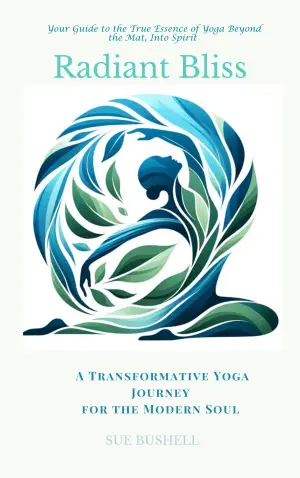Discovering The Shadow of the Wind: A Journey into Literary Enchantment
As I cracked open The Shadow of the Wind, my heart raced with an almost palpable excitement. The stirring talent of Carlos Ruiz Zafón immediately pulled me into a world where books breathe and shadows dance, igniting my love for literature in a way few novels can. Within just a few pages, I knew three things: I was destined to adore this book, I’d need a whole pad of post-its for the quotes I’d want to mark, and perhaps most deliciously, I longed to experience the lyrical beauty of his words in Spanish.
Set against the gothic backdrop of 1940s Barcelona, our journey begins with young Daniel Sempere. Guided by his father to the enigmatic Cemetery of Forgotten Books, Daniel is invited to adopt one book, a novel that plunges him into the dark labyrinth of its author’s tragic life and journey. This book chooses him—or perhaps he chooses it—igniting his passion for literature and binding him to a fate intertwined with the author, Julián Carax. As Daniel uncovers a sinister plot against Carax’s forgotten works, themes of love, death, and identity unravel in profound and unexpected ways.
Zafón’s storytelling is as atmospheric as the city it describes. His prose is rich and poetic, and I found myself enchanted by each page, often laughing or sharing whispers of delight with characters as I felt their triumphs and tragedies pulse alongside my own. The parallels between Daniel and Julián create a haunting echo of similarities—both navigating their turbulent worlds, their hearts tethered to the women they love, pushing against the winds of fate.
Death, a specter lurking in every corner, becomes a metaphor woven into the very fabric of the narrative. Zafón masterfully uses the notion of shadows—not just as a physical presence but as representative of the lives we lead, the choices we make, and the legacies we leave behind. Each character embodies this duality: are they angels or devils in their own stories? Clara, the blind angel, and Fumero, the emotional devil, showcase the complexity within us all, inviting us to ponder the multifaceted nature of humanity.
The quotes from this novel linger in my mind as beautifully as poetry, with wisdom that both haunts and uplifts. One that struck me particularly hard was, “Few things leave a deeper mark on a reader than the first book that finds its way into his heart.” Isn’t it true? This sentiment encapsulates the essence of our beloved literary experiences, resonating deeply with my own memories of discovering cherished books.
While the narrative twists and turns keep you guessing—often leading to unexpected revelations—I did find some elements less polished. At times, Zafón’s philosophical ruminations felt a bit heavy-handed, and the shifting perspectives left me wanting clearer connections. Yet these moments were minor shadows against the brilliance of the light he casts through his writing.
The Shadow of the Wind isn’t just a book; it’s an exploration of life itself. It calls upon readers to embrace both the joys and sorrows that weave through our existence. I would recommend this novel to anyone who revels in literary mystery, passionate love stories, and the profound reflection of life’s fragility.
In finishing this exquisite tale, I found myself more than just a reader; I emerged a part of the world Zafón created, inspired to dive deeper into the shadows of my own literary life. So grab your post-its and perhaps a Spanish edition; this is a treasure worth exploring in every language.
Discover more about The Shadow of the Wind (The Cemetery of Forgotten Books… on GoodReads >>













